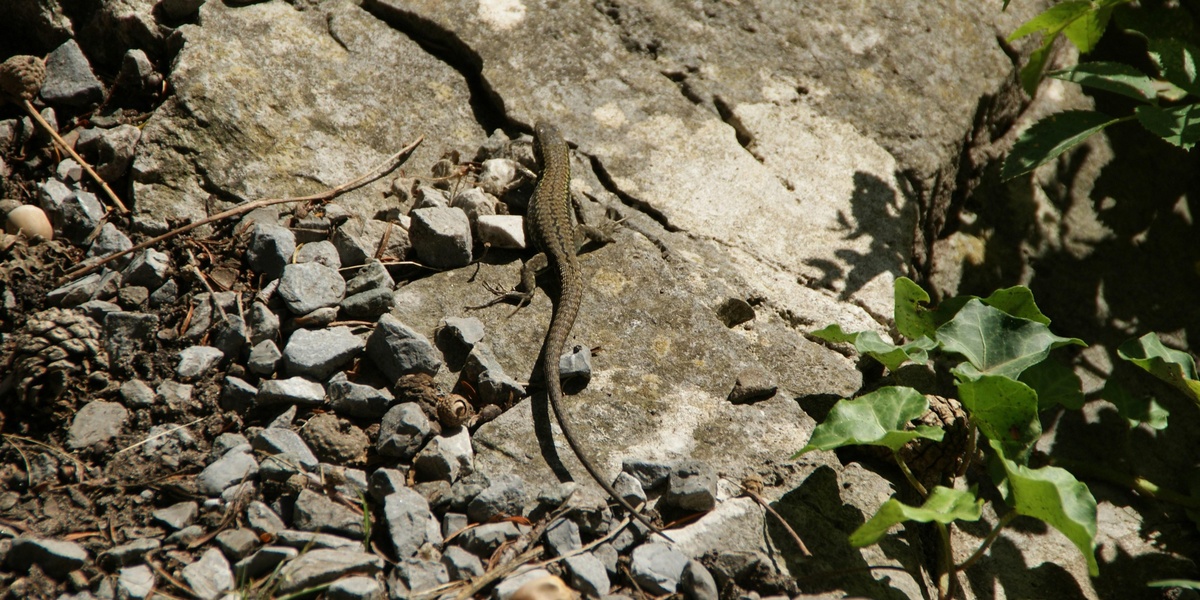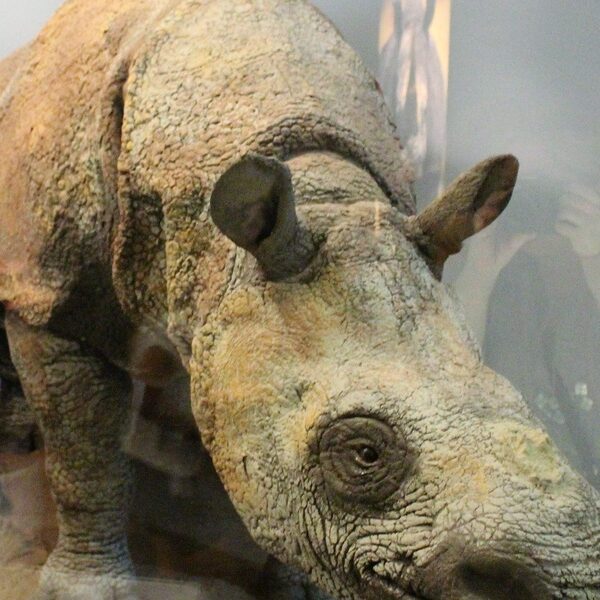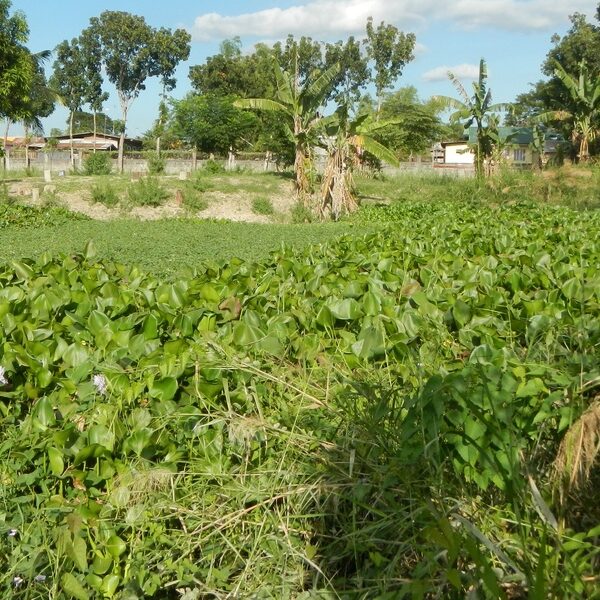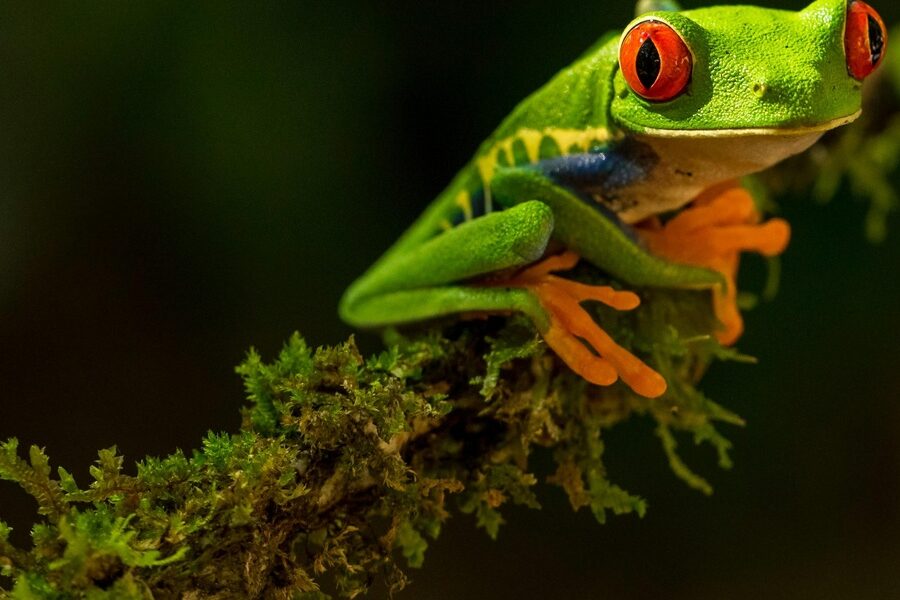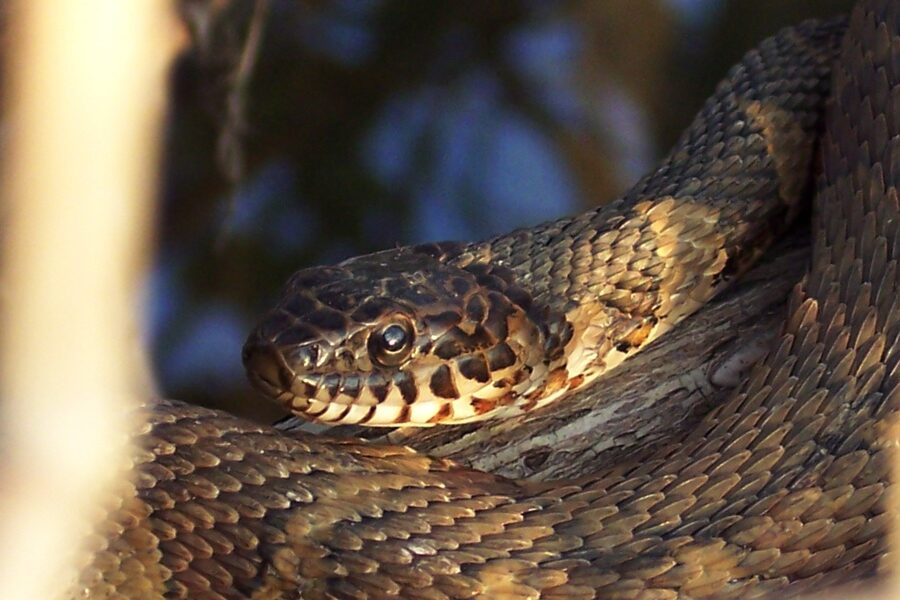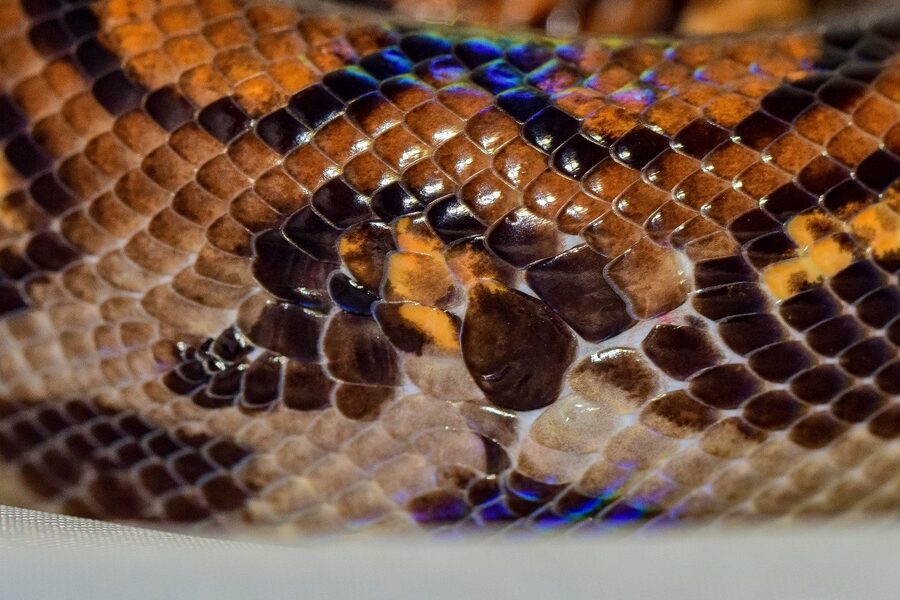Andorra’s steep valleys and sun-warmed limestone outcrops support a surprising mix of cold- and warm-adapted species despite the country’s small size. From rocky ridges to sheltered meadows, reptiles make use of the varied microhabitats across the Pyrenees foothills, so a short hike can reveal very different species depending on elevation and exposure.
There are 9 Reptiles of Andorra, ranging from the Asp Viper to the Western Whip Snake. For each species you’ll find below the data organized as Scientific name, Conservation status, Altitudinal range (m), which helps compare taxonomy, threat level, and where each one is most likely to occur — you’ll find below.
Are any reptiles in Andorra dangerous to people?
Only a few species pose any risk: the Asp Viper can deliver a venomous bite if handled or provoked, but incidents are rare and bites usually occur when people accidentally step on or try to handle the snake. Standard caution (watch where you step, don’t pick up snakes) keeps risk very low.
When and where should I look if I want to see reptiles in Andorra?
Reptile activity peaks in late spring and summer on sunny slopes and rocky areas; lower altitudes warm earlier in the season while montane species appear later. Look for basking animals on exposed rocks, near dry stone walls, and at the edge of scrublands during warm, calm hours.
Reptiles of Andorra
| Common name | Scientific name | Conservation status | Altitudinal range (m) |
|---|---|---|---|
| Asp Viper | Vipera aspis | IUCN: LC (Least Concern) | 1,200–2,400 |
| Viviparous Lizard | Zootoca vivipara | IUCN: LC (Least Concern) | 1,600–2,500 |
| Common Wall Lizard | Podarcis muralis | IUCN: LC (Least Concern) | 850–2,200 |
| Catalan Wall Lizard | Podarcis liolepis | IUCN: LC (Least Concern) | 850–1,800 |
| Slow Worm | Anguis fragilis | IUCN: LC (Least Concern) | 900–2,000 |
| Smooth Snake | Coronella austriaca | IUCN: LC (Least Concern) | 1,000–1,900 |
| Western Whip Snake | Hierophis viridiflavus | IUCN: LC (Least Concern) | 850–1,500 |
| Viperine Snake | Natrix maura | IUCN: LC (Least Concern) | 850–1,600 |
| Ladder Snake | Zamenis scalaris | IUCN: LC (Least Concern) | 850–1,200 |
Images and Descriptions
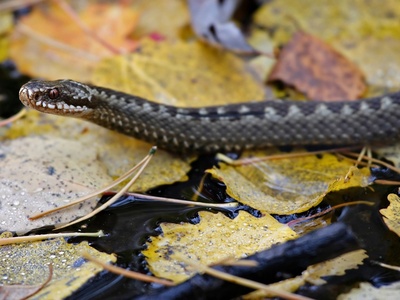
Asp Viper
Andorra’s only venomous snake. A stocky viper with a broad, triangular head, upturned snout, and often a dark zigzag pattern. Found on sunny, rocky slopes and in open woodlands. It is widespread in the mountains but cautious and avoids human contact.
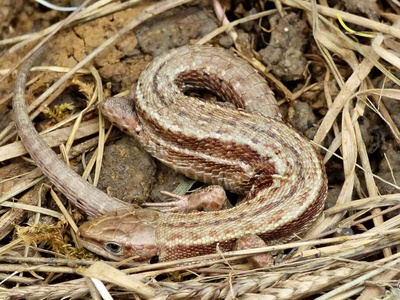
Viviparous Lizard
A small, robust lizard adapted to cold climates, giving birth to live young. Typically brown with dark spots or stripes. It inhabits damp meadows, bogs, and heathland at high altitudes, often seen basking near vegetation in alpine zones like Vall d’Incles.
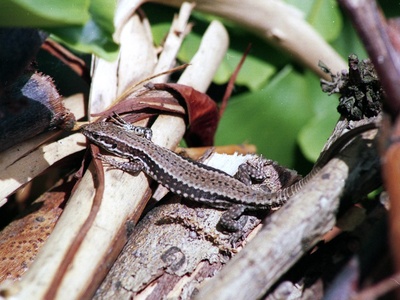
Common Wall Lizard
A slender, fast-moving lizard with a pointed snout and highly variable brown or grey patterns. Extremely common on stone walls, buildings, rocky outcrops, and path edges throughout Andorra. It is the most frequently encountered reptile, especially around human settlements.
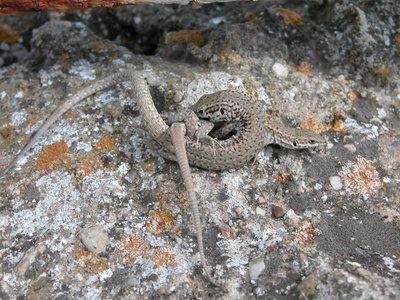
Catalan Wall Lizard
Similar to the Common Wall Lizard but often with a greener hue, especially males in spring. Prefers natural rocky habitats and open woodlands over human structures. Found at lower to mid-altitudes, often co-existing with P. muralis in the southern valleys of Andorra.
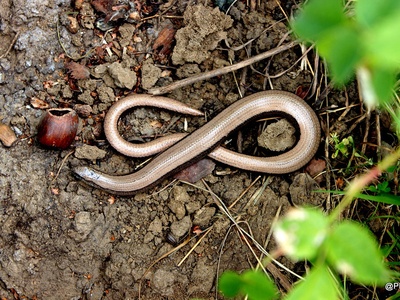
Slow Worm
A harmless, legless lizard often mistaken for a snake. It has smooth, glossy skin, a blunt tail, and eyelids (which snakes lack). Found in damp meadows, gardens, and under logs or rocks. It is secretive and most active at dusk or after rain.
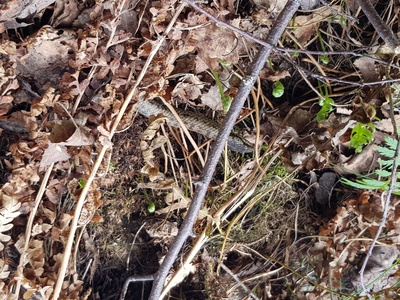
Smooth Snake
A small, slender, non-venomous snake with smooth scales and a distinct dark stripe running through the eye. Usually grey or brown with pairs of dark blotches along its back. Secretive and uncommon, found on dry, sunny slopes with low vegetation and rocky cover.
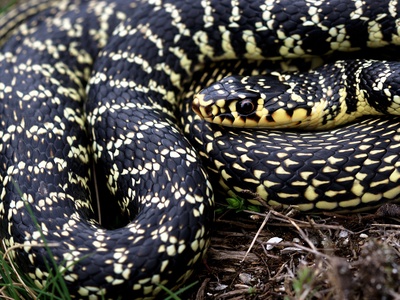
Western Whip Snake
A large, fast, and slender snake. Adults are typically black with yellow or greenish-yellow flecks, creating a braided pattern. Inhabits sunny, dry habitats with dense scrub in the lower southern valleys. A very alert species that will flee rapidly when disturbed.
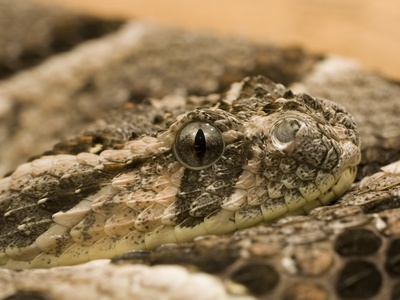
Viperine Snake
A semi-aquatic, non-venomous snake that mimics vipers with its pattern and defensive behavior (flattening its head). Found in and around rivers, ponds, and streams where it hunts for fish and amphibians. Look for it along the banks of the Valira river.
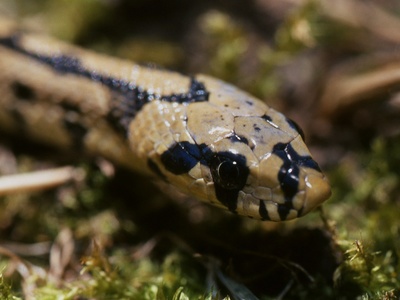
Ladder Snake
Named for the ladder-like pattern on juveniles, which fades to two dark stripes in adults. A robust snake found in the sunniest, warmest, and lowest parts of Andorra, near the Spanish border. It prefers scrubland, farmland edges, and dry-stone walls.
